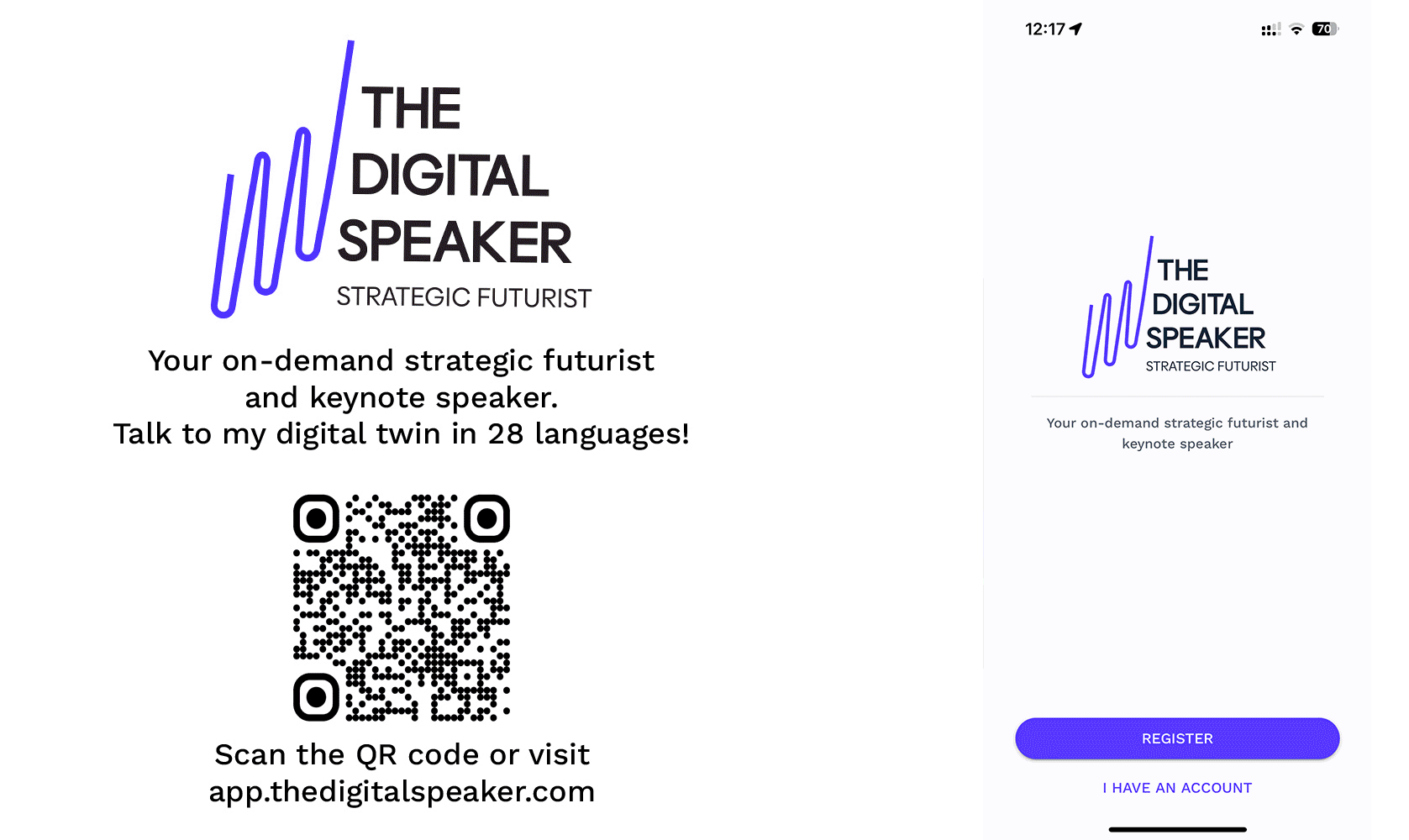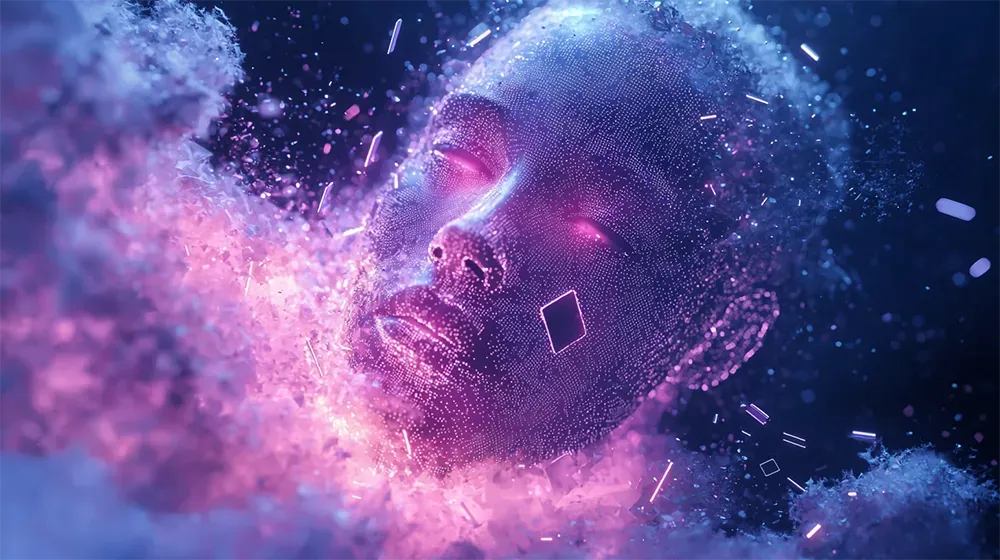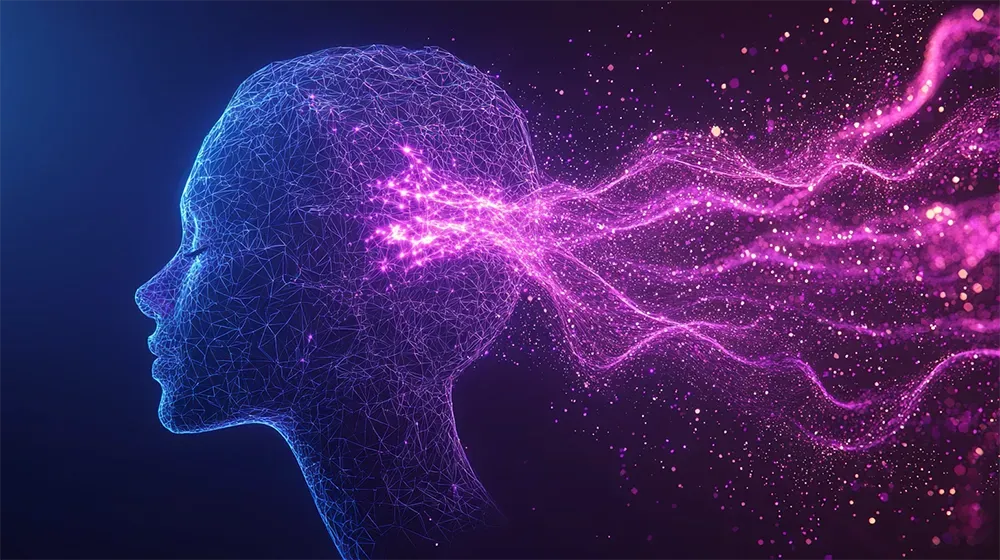Training the Future of AI: Balancing Innovation with Responsibility

Are we prepared for the risks of the AI future we're racing towards?
OpenAI has announced the training of its next flagship AI model, a successor to the renowned GPT-4. As the organization pushes the boundaries of artificial intelligence, it simultaneously grapples with the increasing risks associated with these advancements. This duality of innovation and caution defines OpenAI’s current trajectory, reflecting broader industry concerns about AI's potential to both revolutionize and disrupt.
The upcoming model aims to bring "the next level of capabilities," striving toward artificial general intelligence (AGI), a state where AI can perform any cognitive task a human can do. This ambitious goal underscores the potential for AI to enhance various applications, from chatbots and digital assistants to search engines and image generators. However, this power comes with significant responsibility.
In response to growing concerns about AI's risks, OpenAI has established a new Safety and Security Committee. This committee, comprising key figures such as CEO Sam Altman and board members Bret Taylor, Adam D’Angelo, and Nicole Seligman, is tasked with developing robust policies and processes to safeguard the technology. The committee's formation is timely, given the recent internal turmoil and public scrutiny surrounding OpenAI’s approach to safety.
The importance of responsible AI development cannot be overstated. AI technologies, particularly those as advanced as GPT-4 and its successors, have far-reaching implications. They can enhance productivity, drive innovation, and solve complex problems, but they also pose risks such as spreading disinformation, replacing jobs, and even threatening humanity. The resignation of key safety team members, including co-founder Ilya Sutskever, highlights the internal conflicts and challenges in addressing these risks adequately.
Sutskever and his Superalignment team were dedicated to ensuring future AI models would not harm humanity. Their departure raises questions about OpenAI's commitment to long-term safety. However, the company's efforts to fold its long-term safety research into broader technological safeguards, now led by co-founder John Schulman, indicate a continued focus on this critical area. The company's efforts to balance innovation with safety underscore the urgent need for external regulation to ensure these advancements benefit humanity as a whole.
The debate around AGI and superintelligence, technologies potentially far more advanced than current AI, further complicates the landscape. While OpenAI’s mission centers on developing AGI, the idea of superintelligence – systems orders of magnitude more intelligent than humans – remains a contentious topic. The company's nuanced stance on superintelligence, as explained by VP of Global Affairs Anna Makanju and spokesperson Liz Bourgeois, underscores the delicate balance between advancing AI capabilities and maintaining control over their impacts.
Developing responsible AI is crucial for several reasons. First, it ensures that AI technologies are aligned with human values and societal norms, preventing misuse and unintended consequences. Second, it fosters public trust and acceptance, which is essential for the widespread adoption and integration of AI in various sectors. Third, it mitigates the ethical and legal challenges that arise from AI deployment, such as bias, privacy violations, and accountability issues.
As OpenAI moves forward with its new model, the broader AI community and society at large must engage in a robust debate about the path to AGI. How can we harness the benefits of advanced AI while mitigating its risks? What safeguards and policies are necessary to ensure these technologies contribute positively to humanity? OpenAI’s journey is a microcosm of the larger quest for responsible AI development, a quest that will shape the future of technology and society.
Will we find the right balance between innovation and safety in our pursuit of AI's full potential?
Read the full article on OpenAI's blog.
----
💡 If you enjoyed this content, be sure to download my new app for a unique experience beyond your traditional newsletter.
This is one of many short posts I share daily on my app, and you can have real-time insights, recommendations and conversations with my digital twin via text, audio or video in 28 languages! Go to my PWA at app.thedigitalspeaker.com and sign up to take our connection to the next level! 🚀

If you are interested in hiring me as your futurist and innovation speaker, feel free to complete the below form.
Thanks for your inquiry
We have sent you a copy of your request and we will be in touch within 24 hours on business days.
If you do not receive an email from us by then, please check your spam mailbox and whitelist email addresses from @thedigitalspeaker.com.
In the meantime, feel free to learn more about The Digital Speaker here.
Or read The Digital Speaker's latest articles here.





